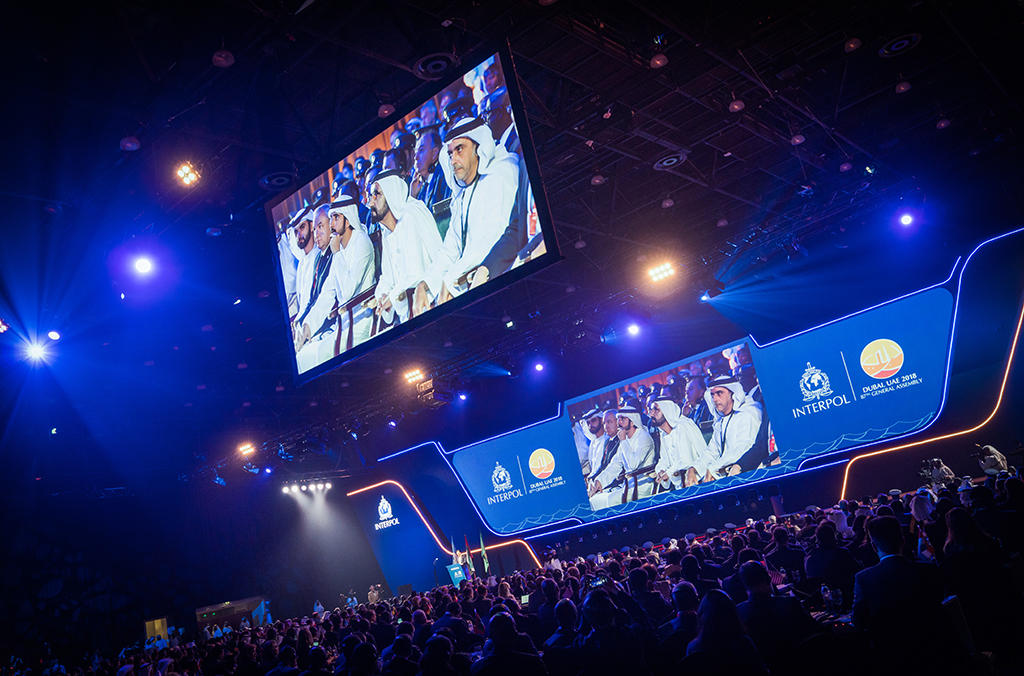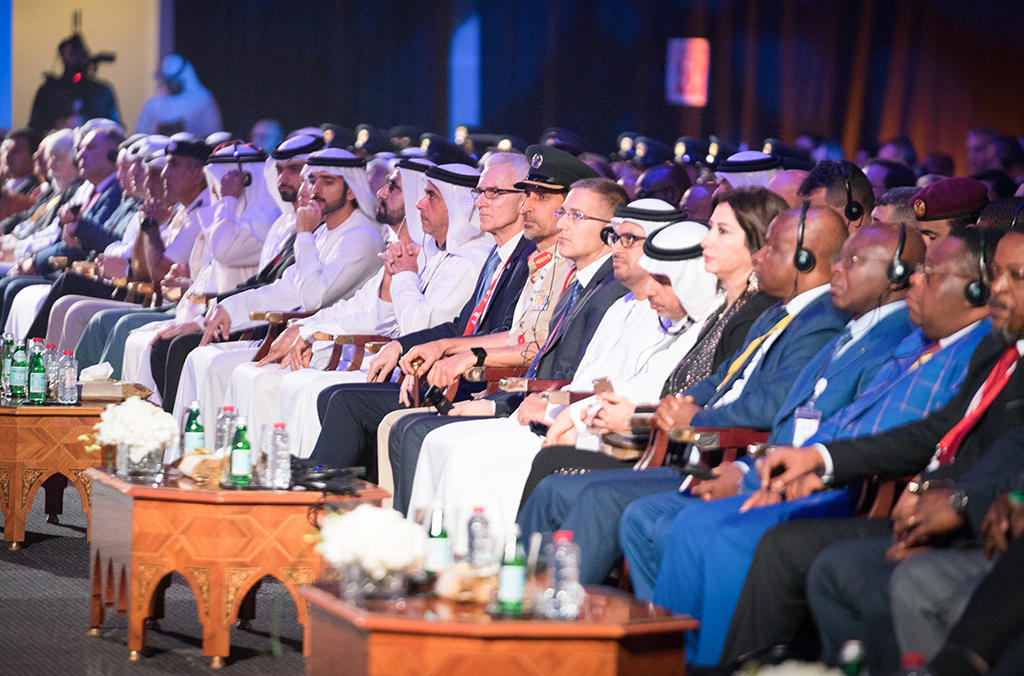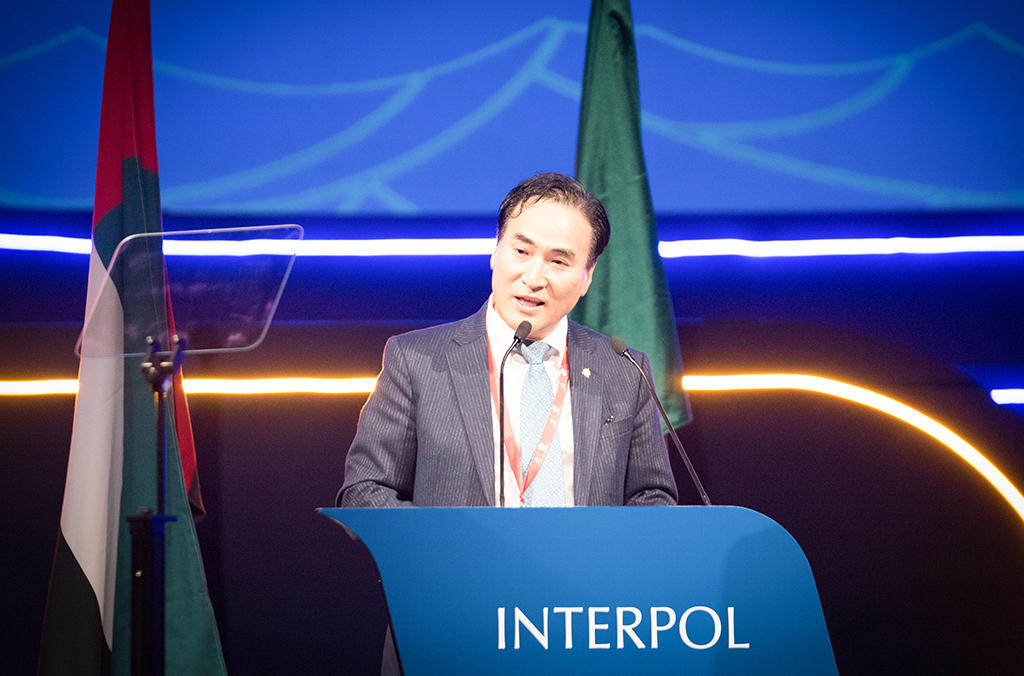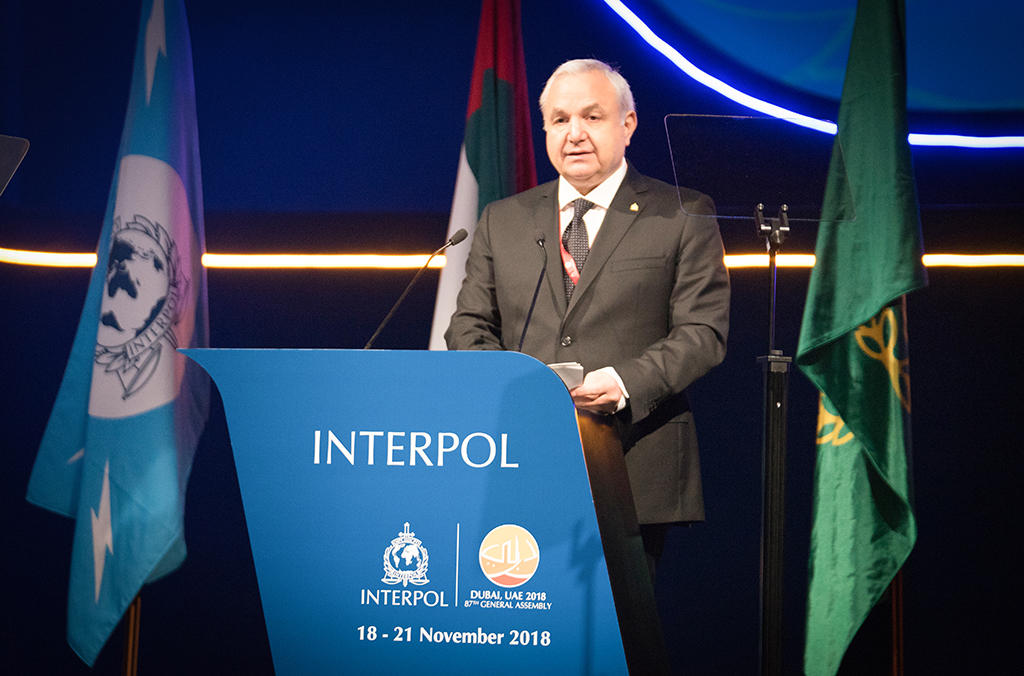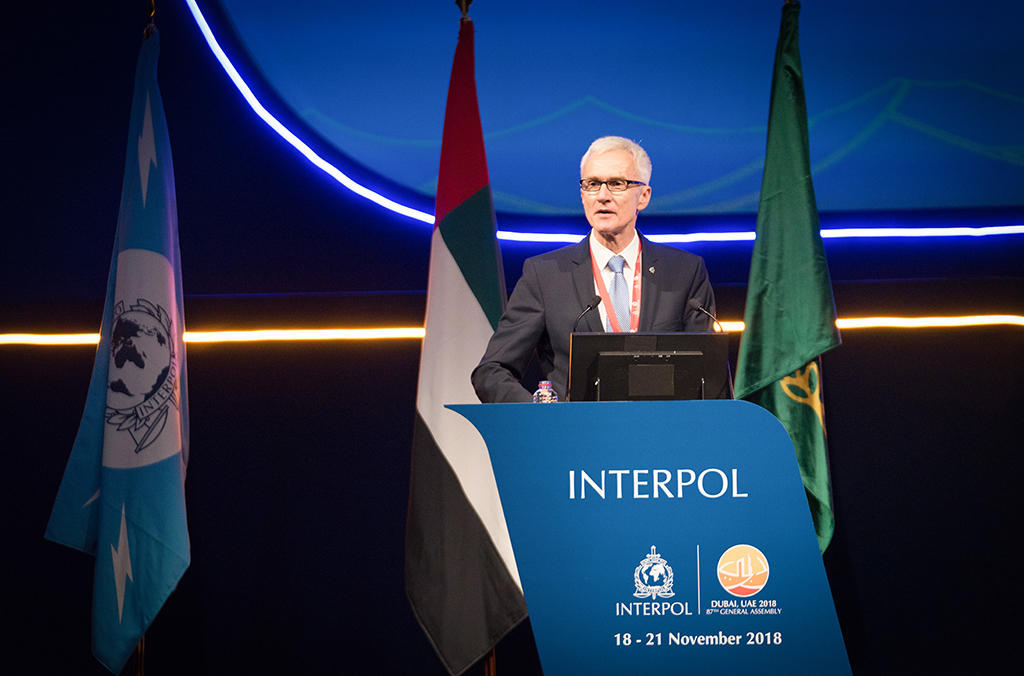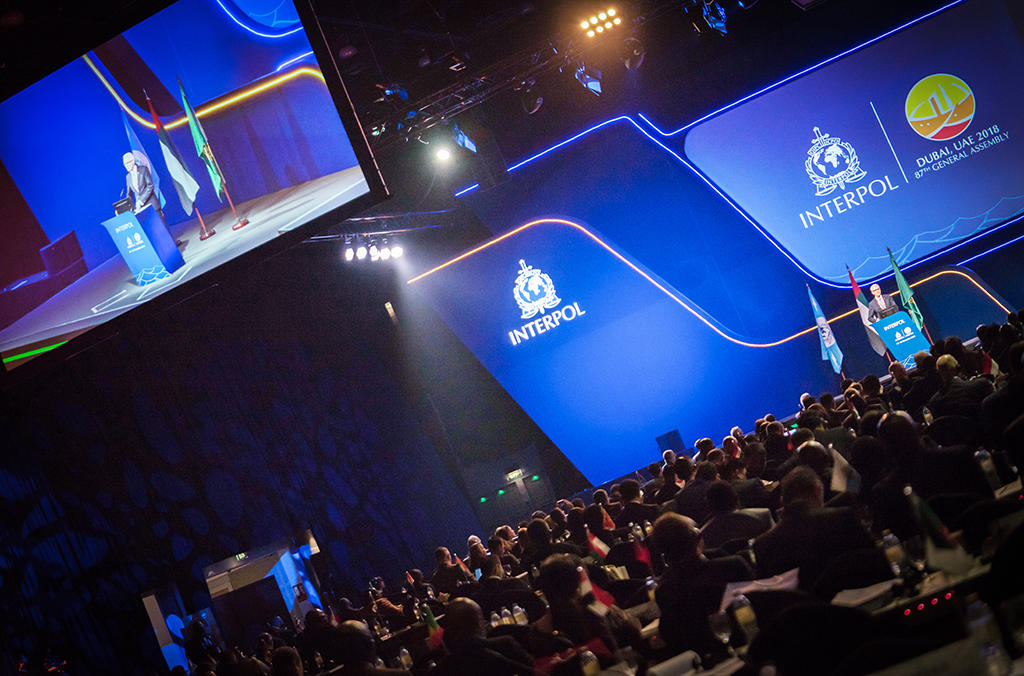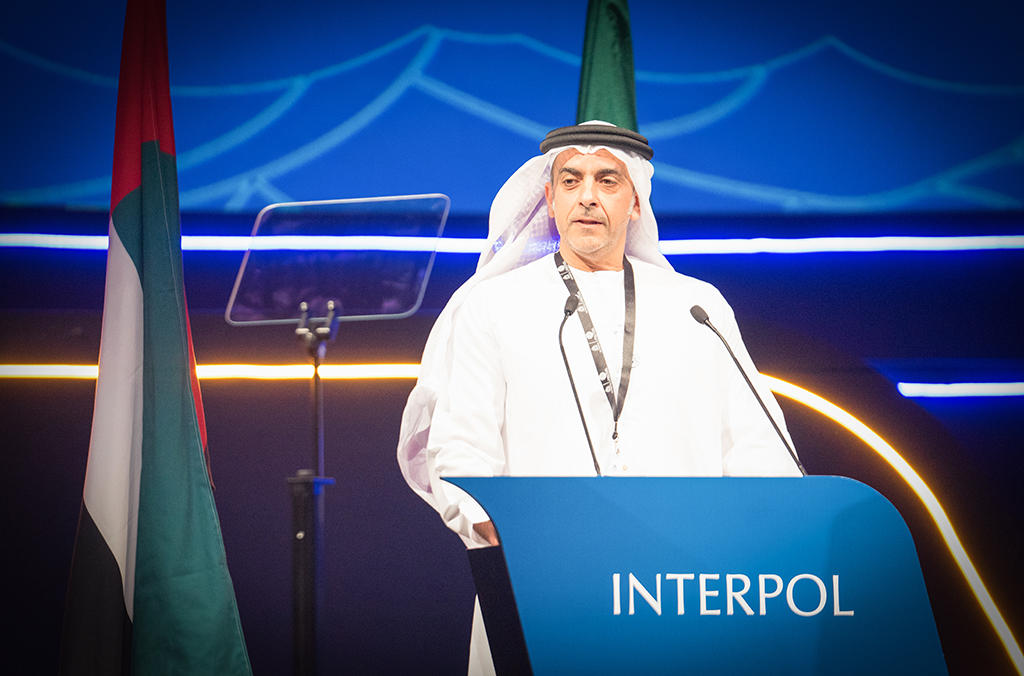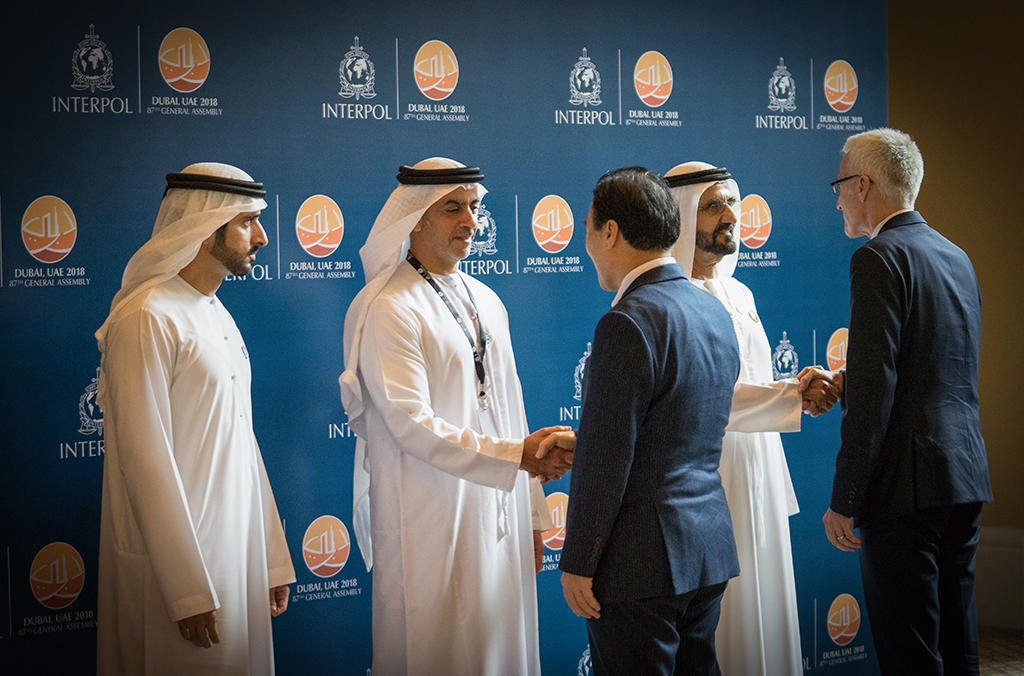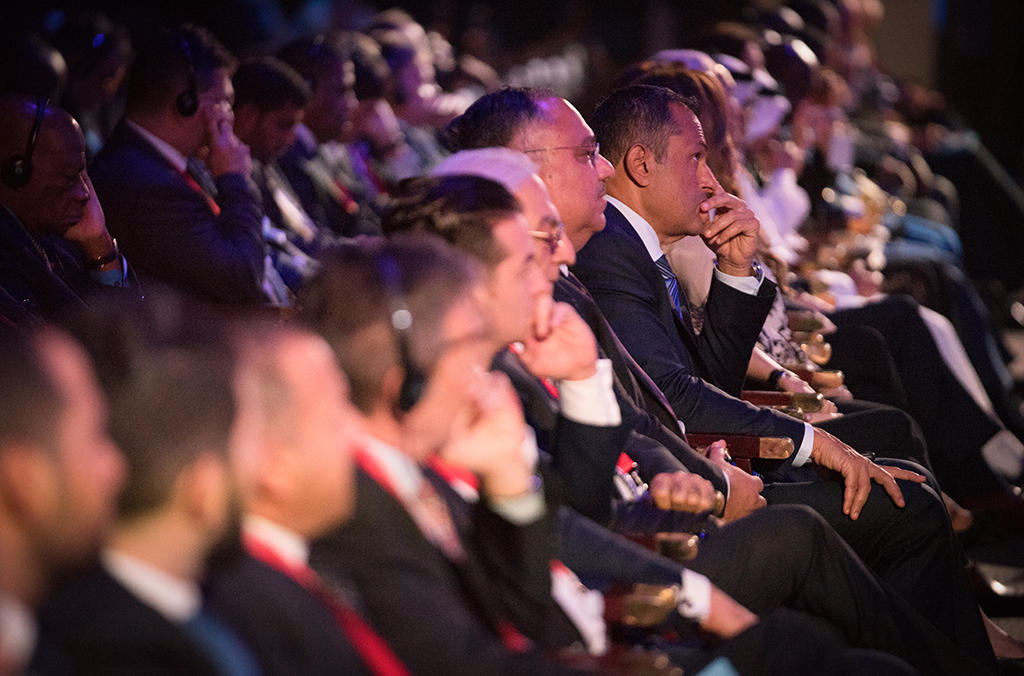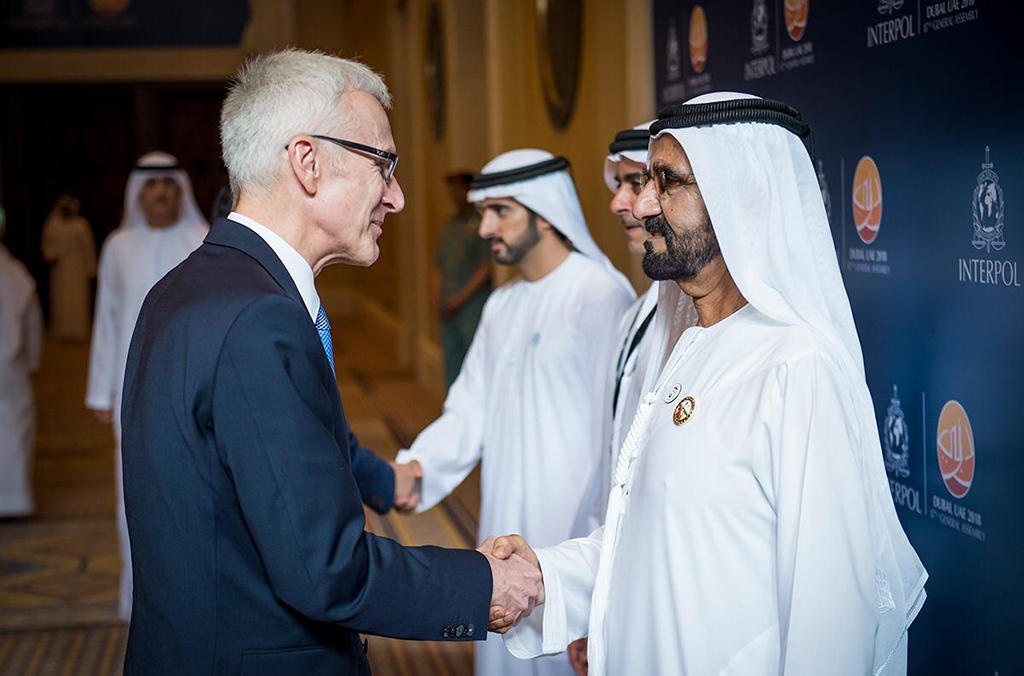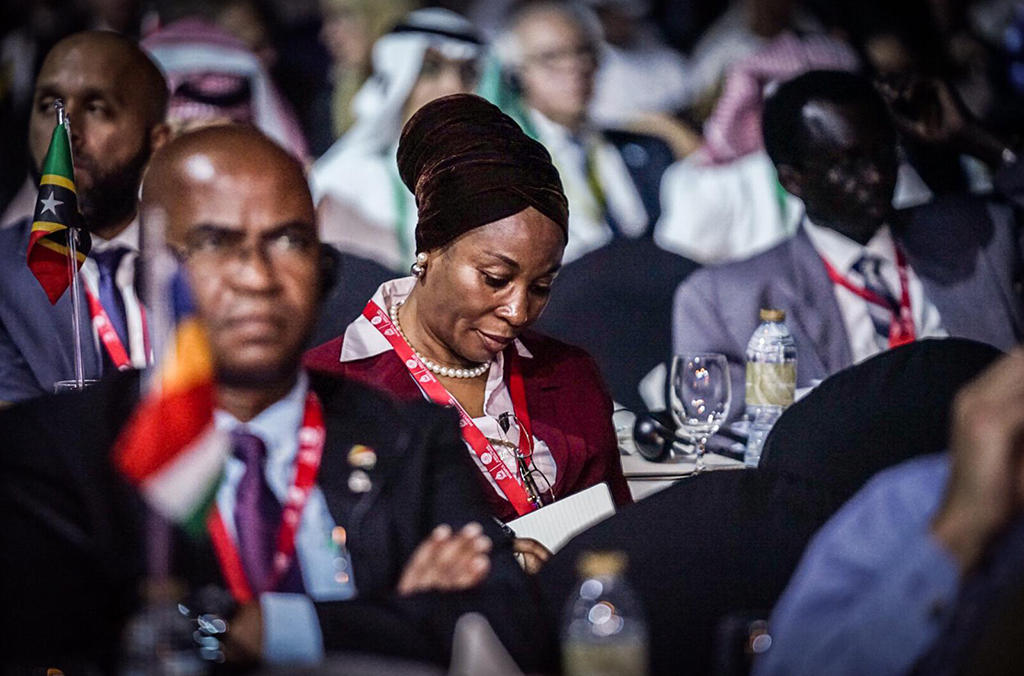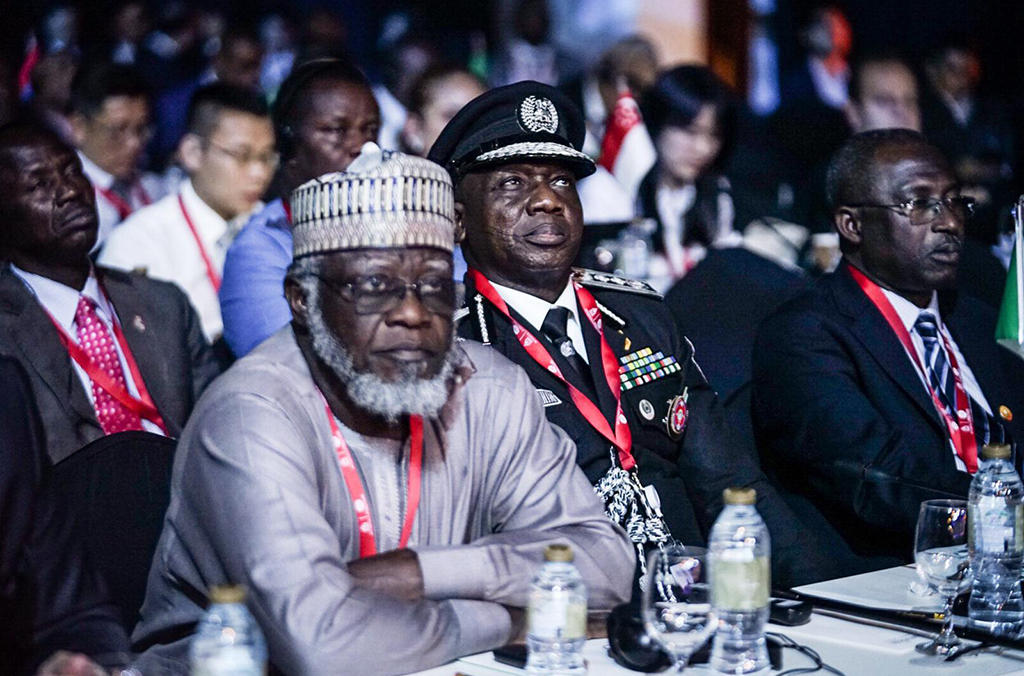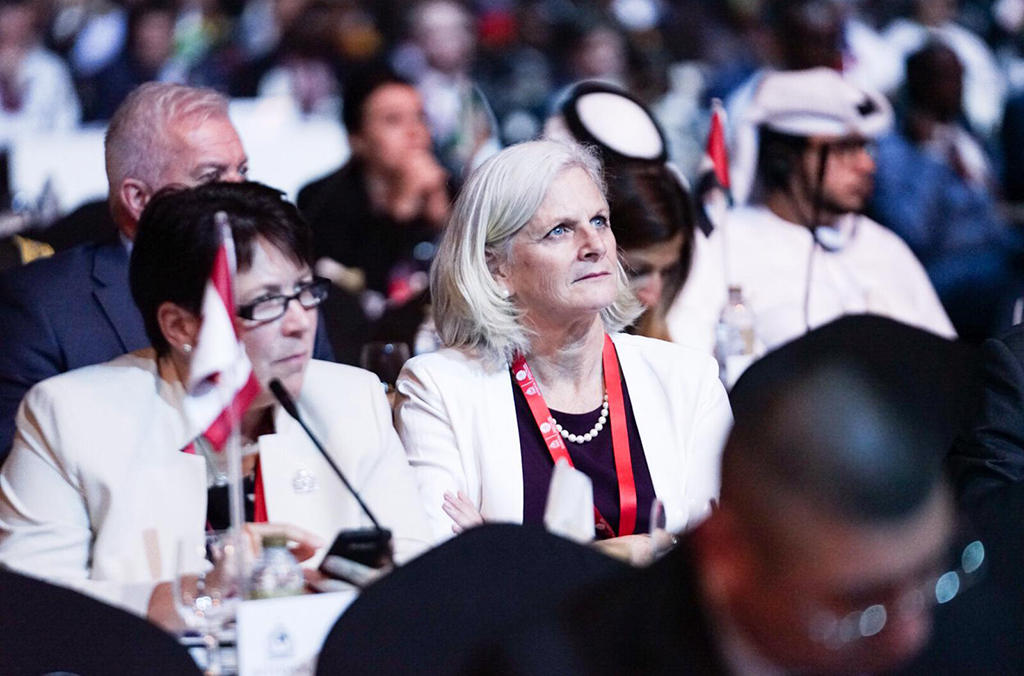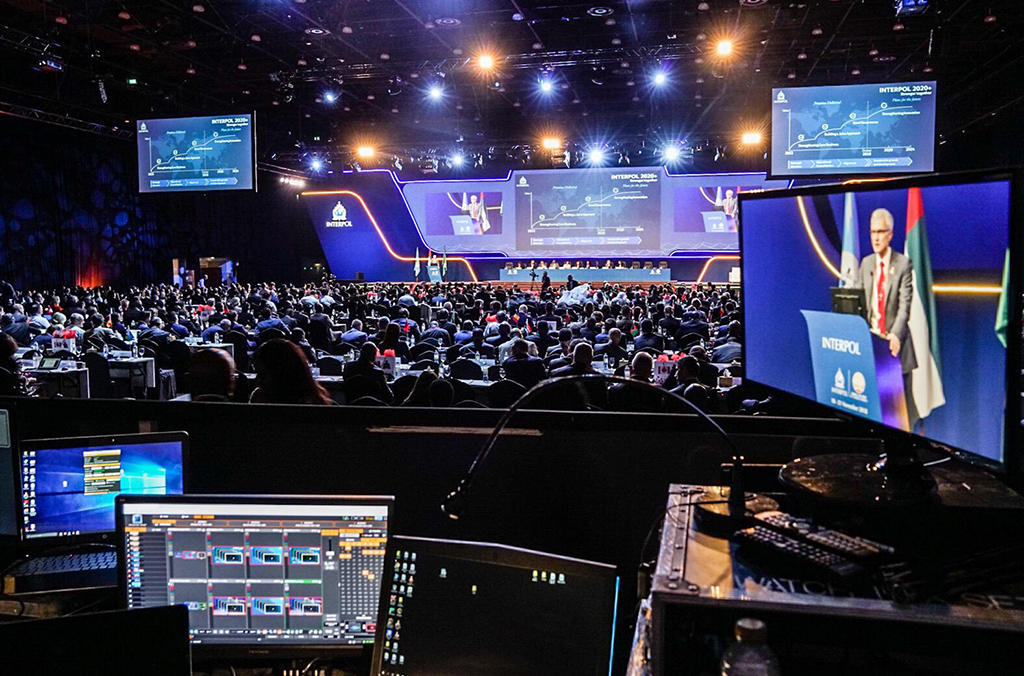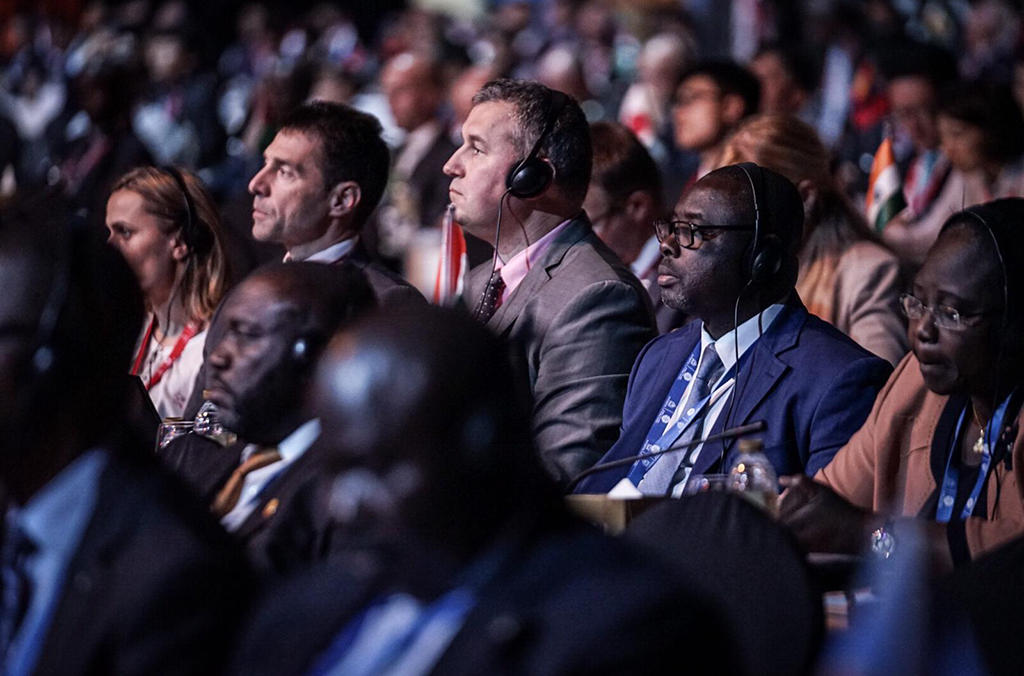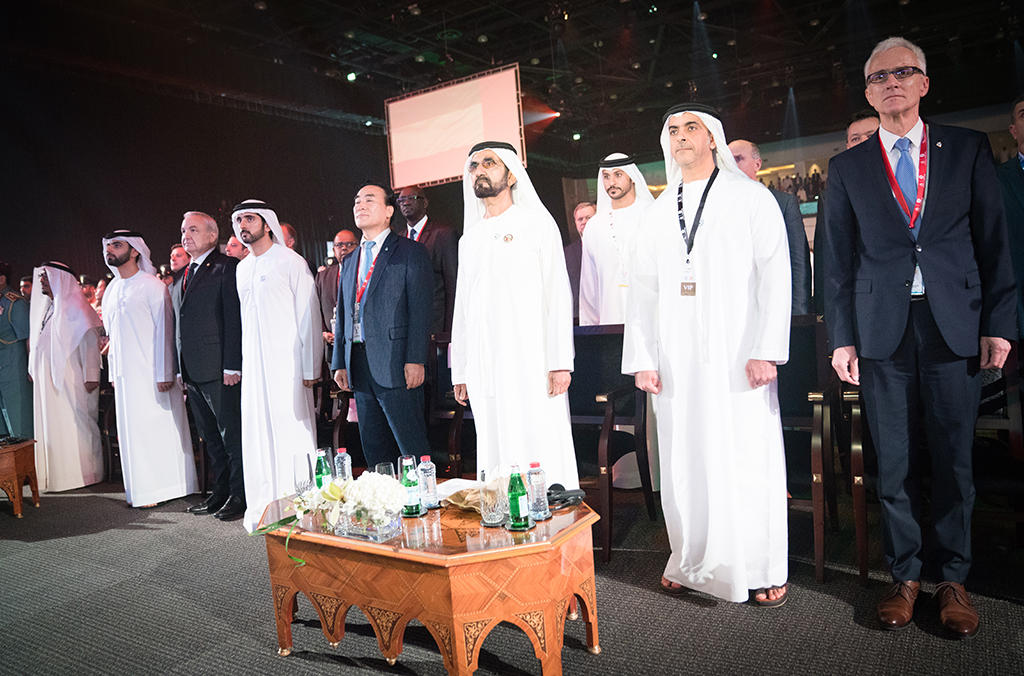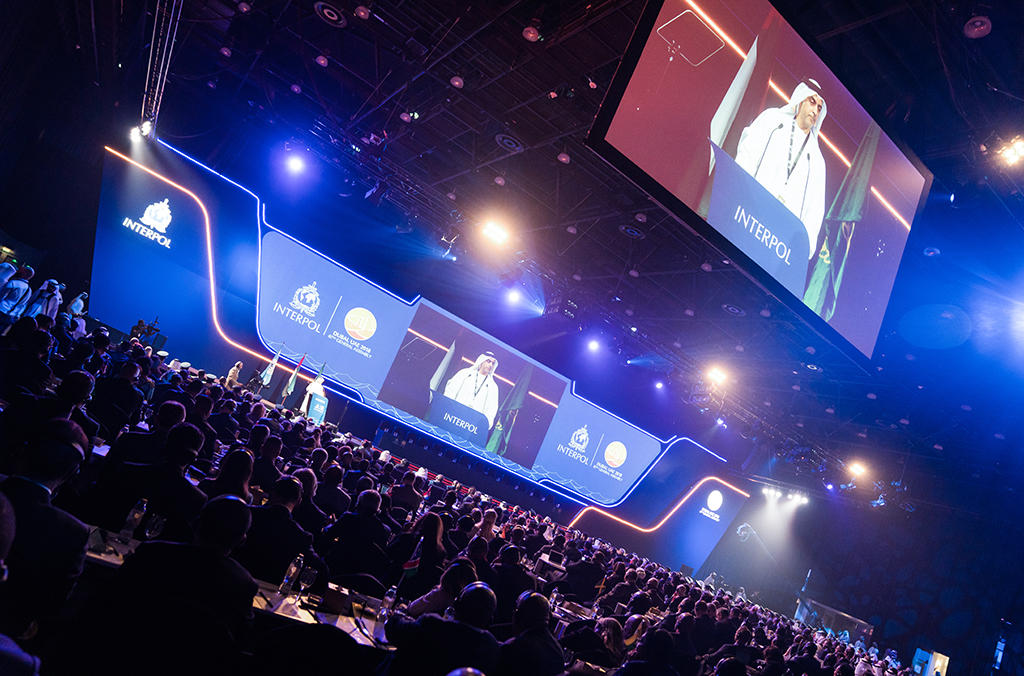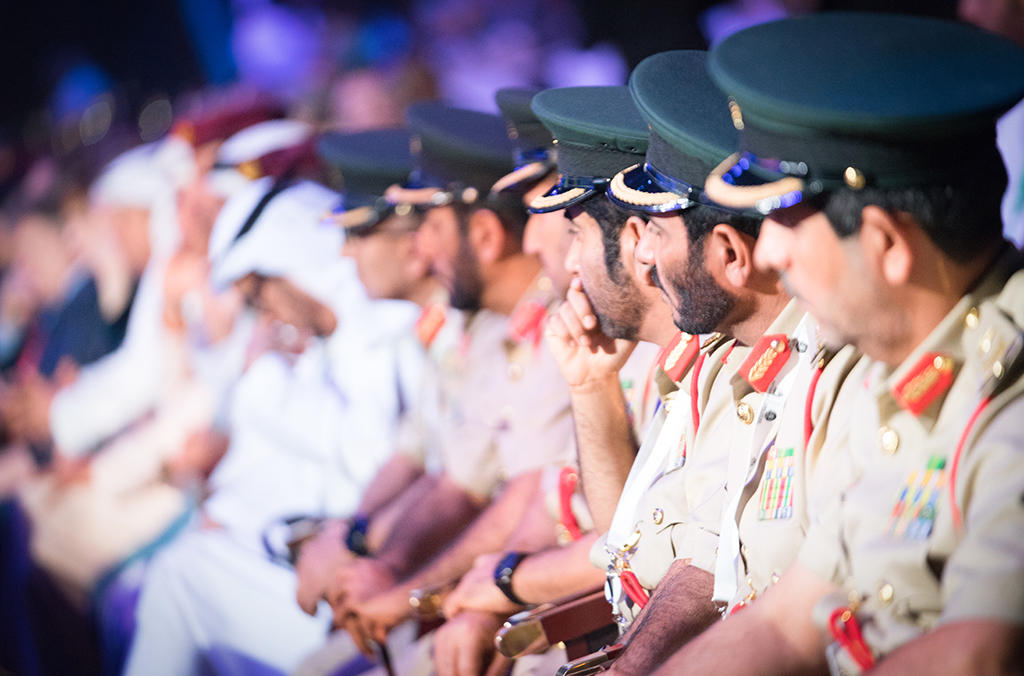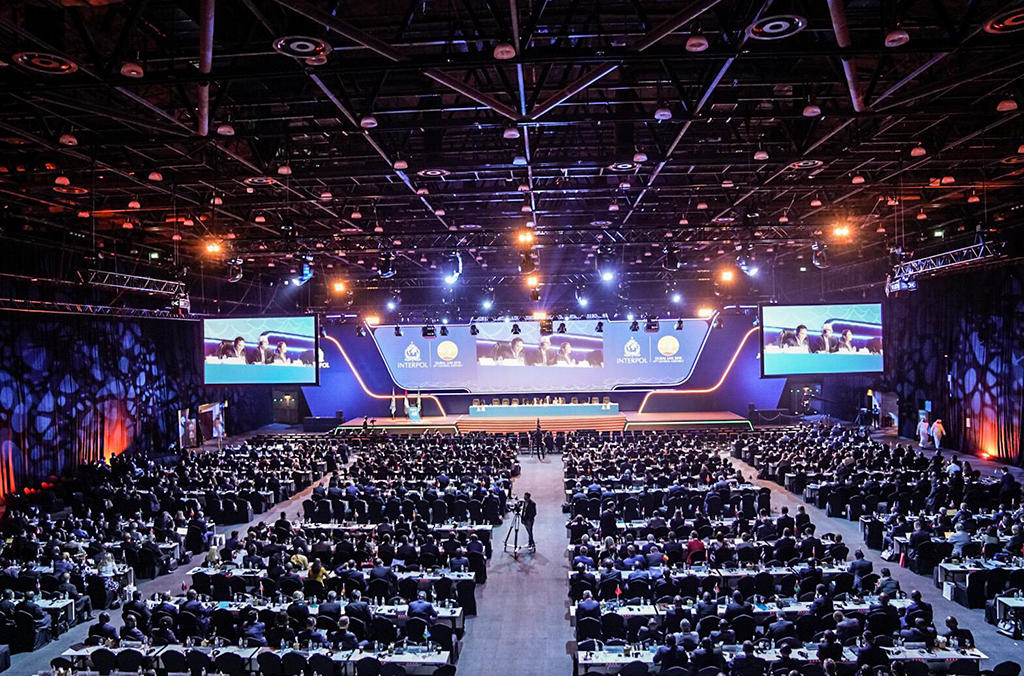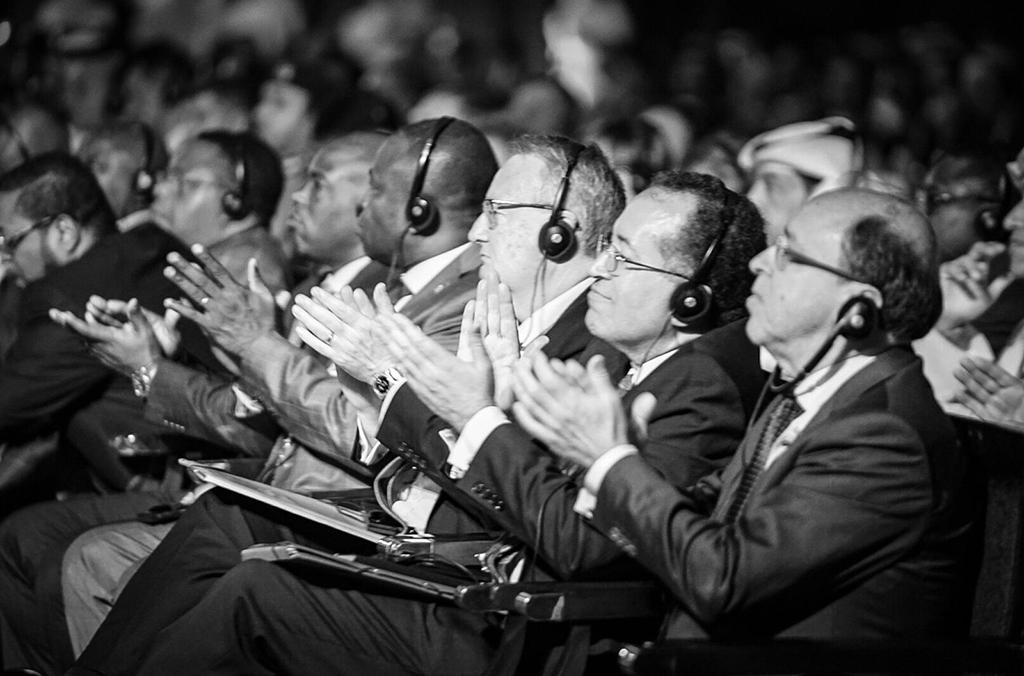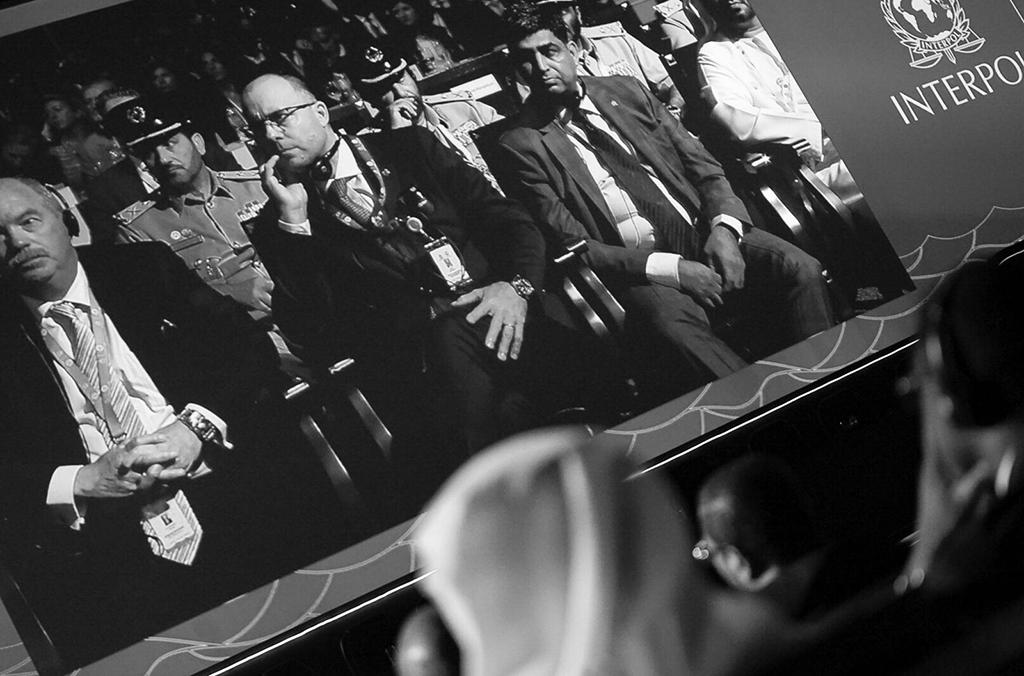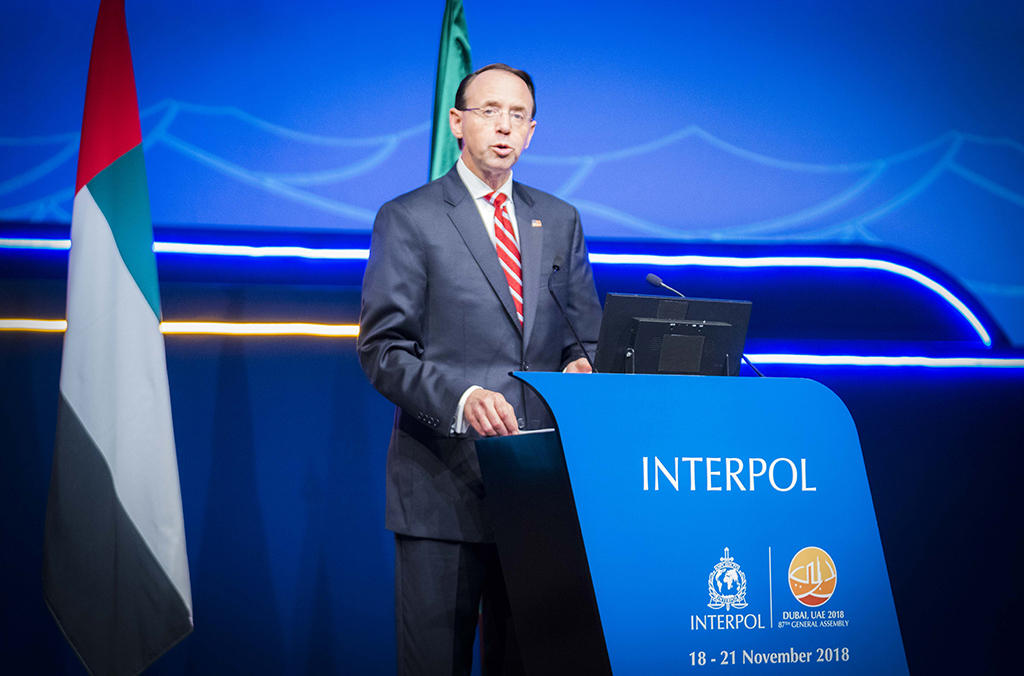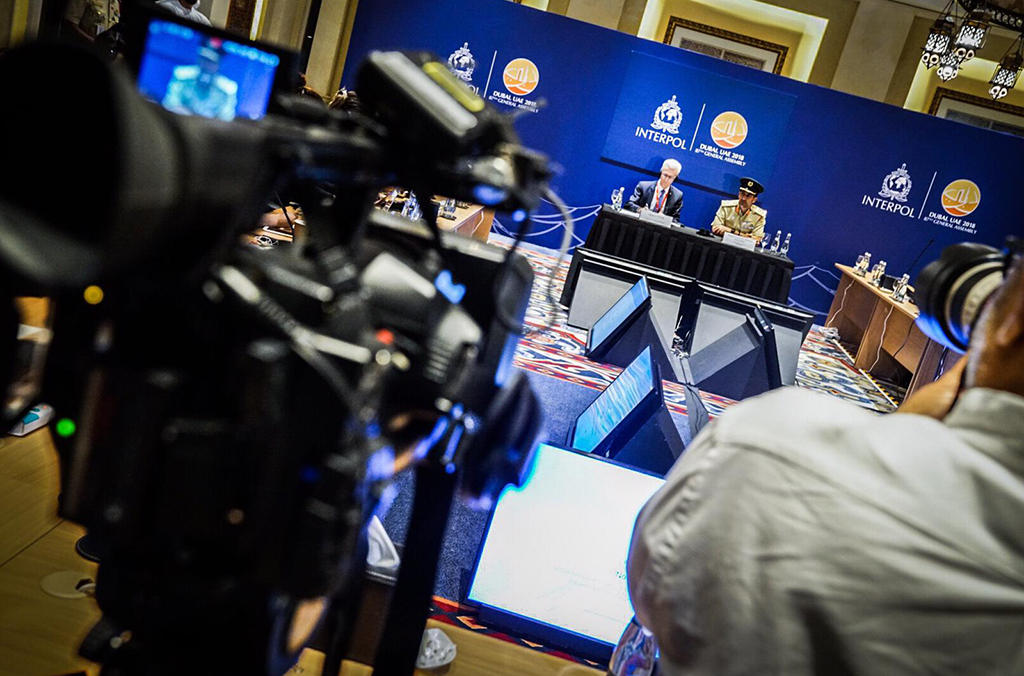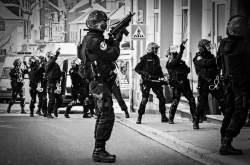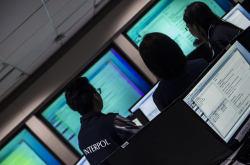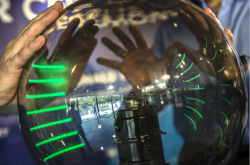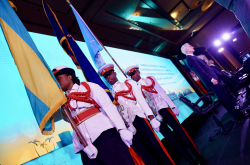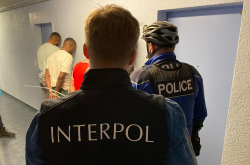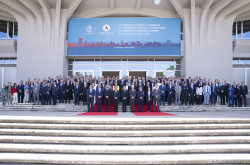DUBAI, United Arab Emirates – Policing in the information age is the theme of the 87th INTERPOL General Assembly, the global law enforcement event of the year, which has opened in Dubai, United Arab Emirates (UAE).
Bringing together nearly 1,000 official representatives from 173 countries, including 85 police chiefs and nearly 40 ministers, the four-day conference will address how technology will change future threats and how it can be used by law enforcement to meet these challenges.
With more than 55 per cent of the world’s population having Internet access, criminals are increasingly going after data as a means to make money, as shown by recent ransomware attacks.
Increased use of Artificial Intelligence and robotics, as well as innovation in the field of forensics are also key issues for discussion.
The opening ceremony took place in the presence of UAE Vice President, Prime Minister and Ruler of Dubai His Highness Sheikh Mohammed bin Rashid Al Maktoum.
Addressing delegates, His Highness Sheikh Saif bin Zayed Al Nahyan Deputy Prime Minister and Minister of the Interior said: “We are working together with our partners to secure the world and making it a safer place by promoting efforts to develop the Organization’s projects and initiatives.
“We will continue to work together until we triumph over terrorism and crime.”
INTERPOL Senior Vice-President Kim Jong Yang said the decisions taken by the General Assembly support officers on the frontlines of policing.
“In the age of unprecedented information exchange, police the world over are increasingly facing new challenges.
“Gathering best practices within an international model, INTERPOL provides a neutral, well-connected platform. Criminal data and the rules surrounding its processing have become critical contours for shaping the work of international police cooperation,” said Mr Kim.
Furthering INTERPOL’s global outreach through coordination with regional bodies, resolutions for cooperation with Afripol and the G5 Sahel Joint Task Force will be put forward to the General Assembly.
INTERPOL Secretary General Jürgen Stock said partnerships with regional bodies played an important role in developing a strong global security architecture.
“With increased pressure on law enforcement resources, we must avoid duplication of effort if we are to work effectively in making the world a safer place,” said Secretary General Stock.
“We must also harness the advances in technology for the benefit of police around the world, and INTERPOL is uniquely and ideally placed to do this, especially in making vital biometric data available globally,” added the INTERPOL Chief.
Secretary General Stock said that information recovered from Improvised Explosive Devices in Iraq and the Gulf shared via INTERPOL has already resulted in the identification of suspects in Europe and Asia.
Between 18 and 21 November, delegates will also be updated on INTERPOL’s three crime programmes: counter-terrorism, cybercrime and organized and emerging crime, as well as linked operational successes.
These include the first global multi-agency operation against marine pollution, the seizure of 500 tonnes of illicit pharmaceuticals during Operation Pangea XI, and operations Epervier, Libertad and Sawiyan which resulted in the rescue of nearly 1,000 victims of human trafficking and people smuggling.
Applications for membership from Kiribati, Kosovo and Vanuatu will be considered by the General Assembly, which will also vote for a new President along with Executive Committee posts for the Americas, Asia and European regions on the final day of the conference.




